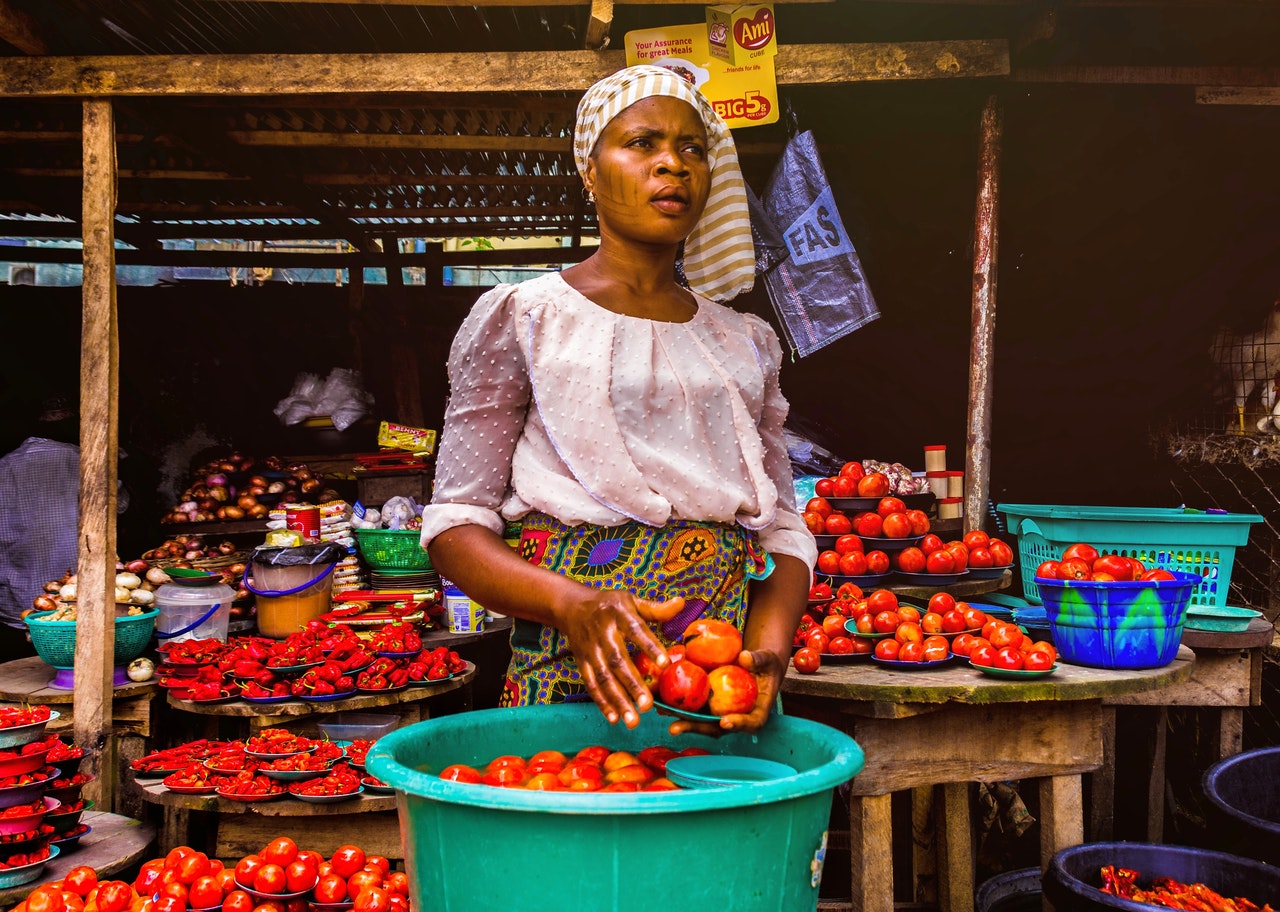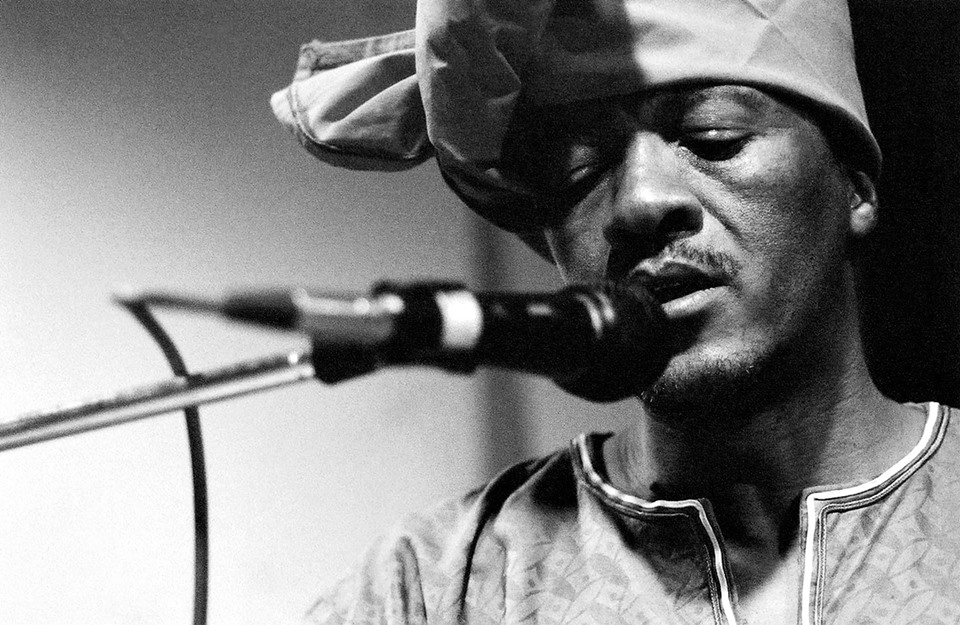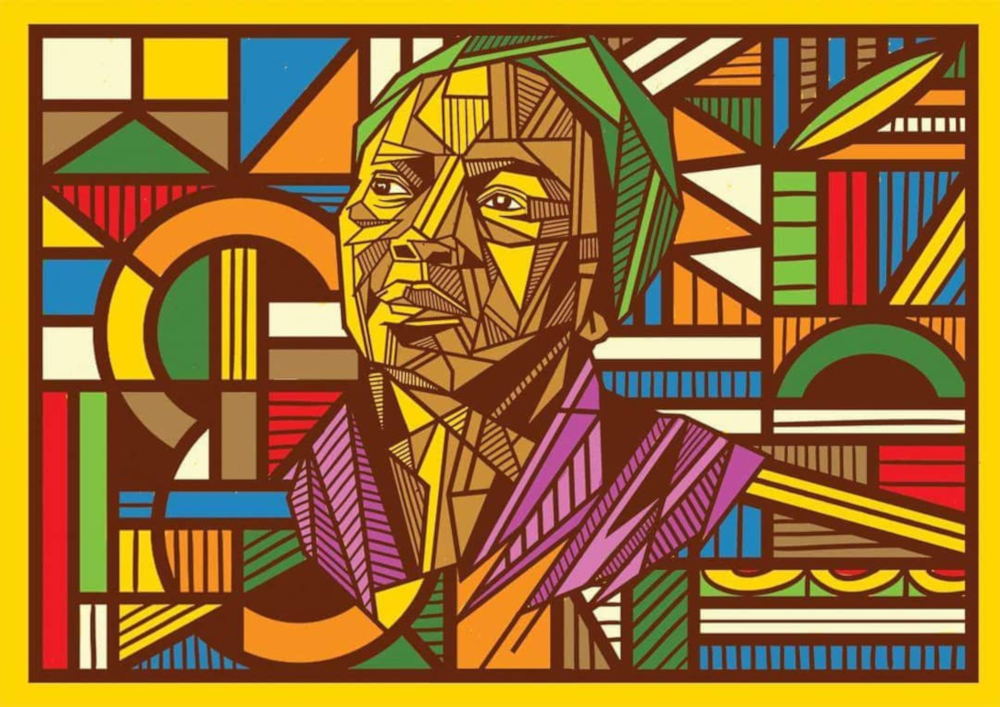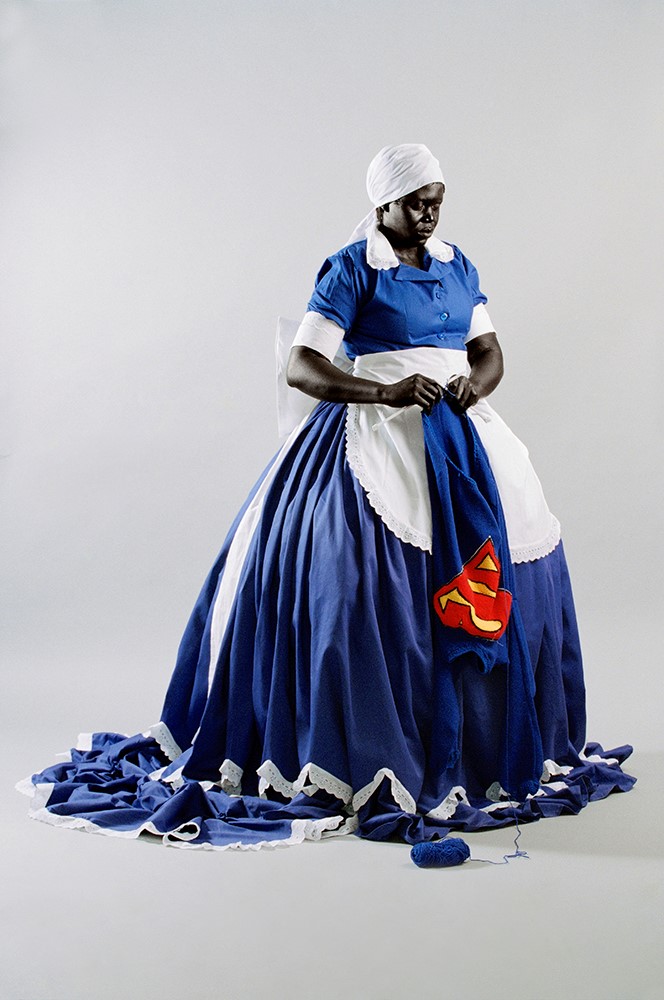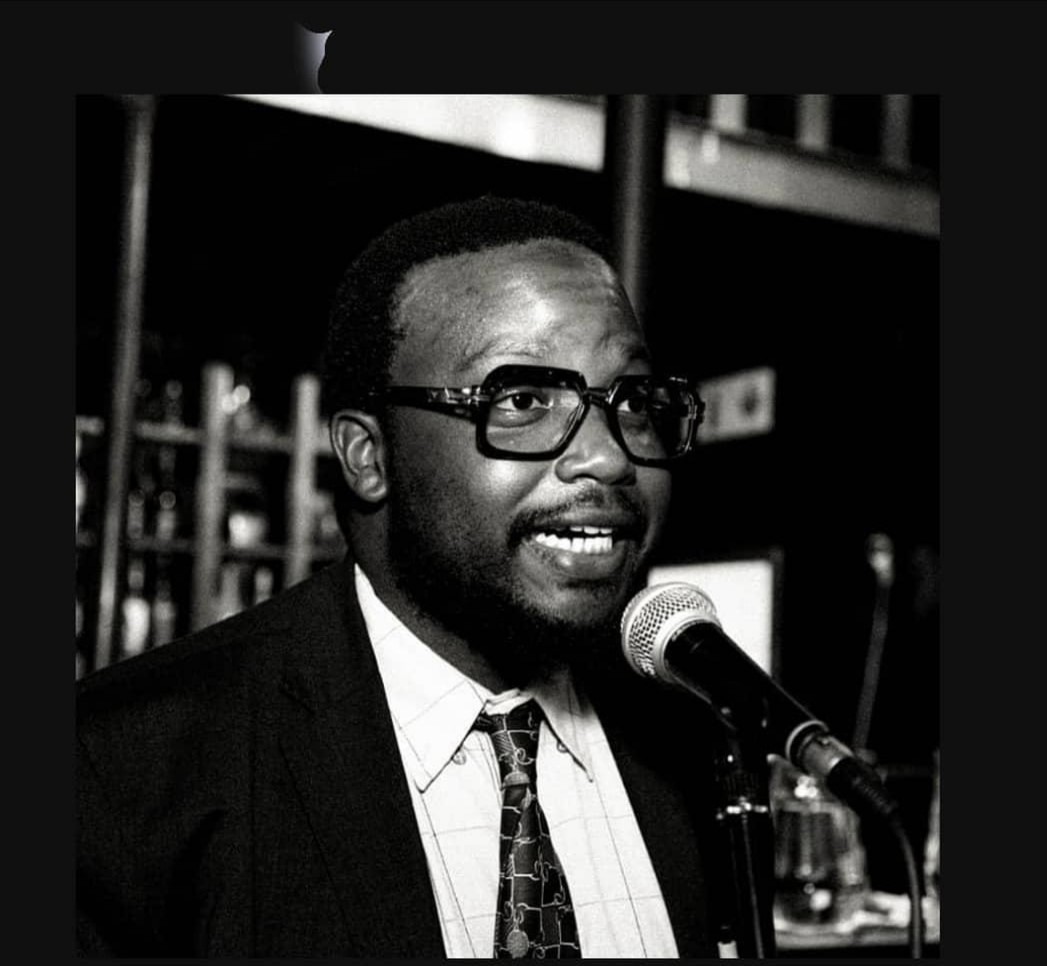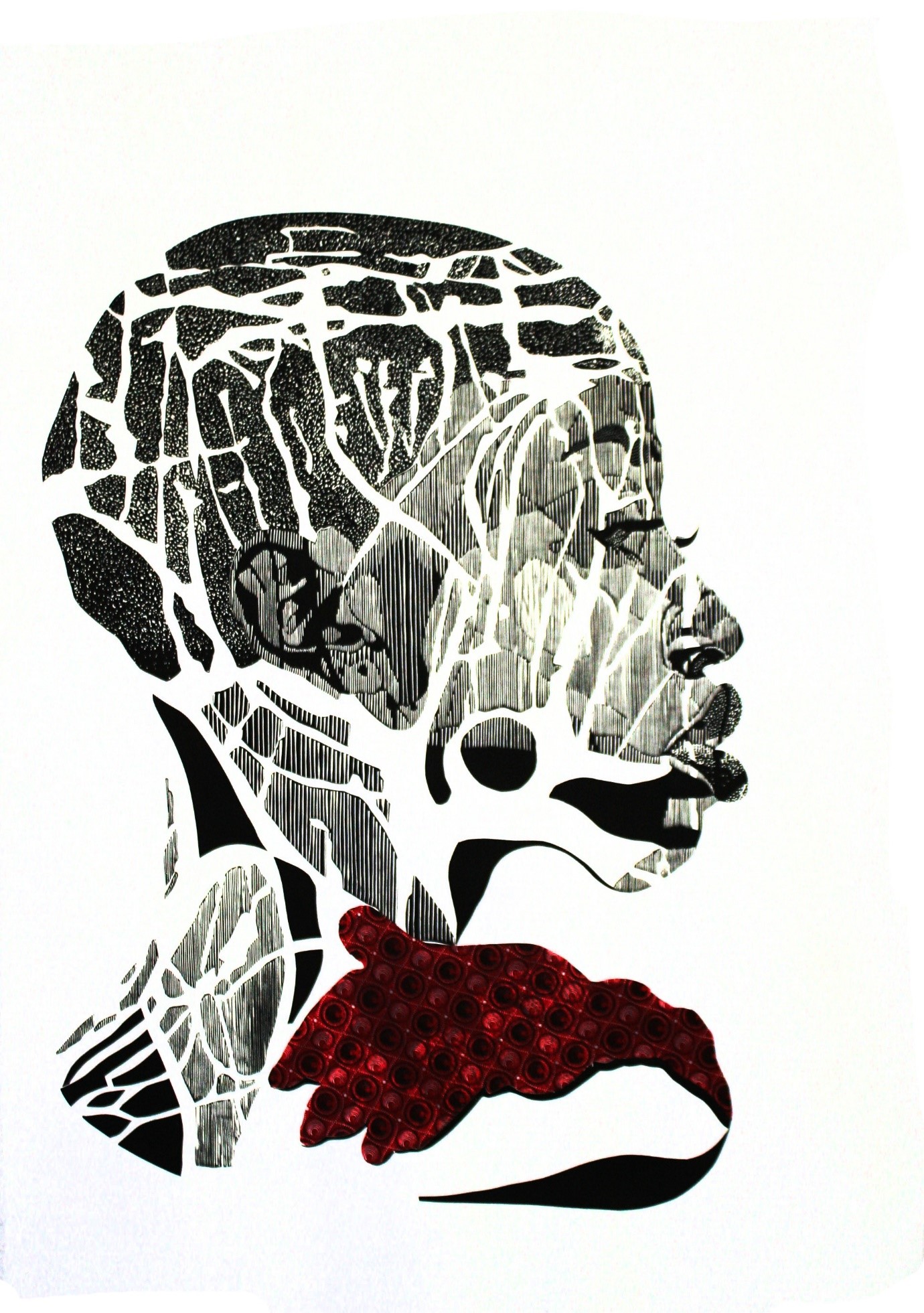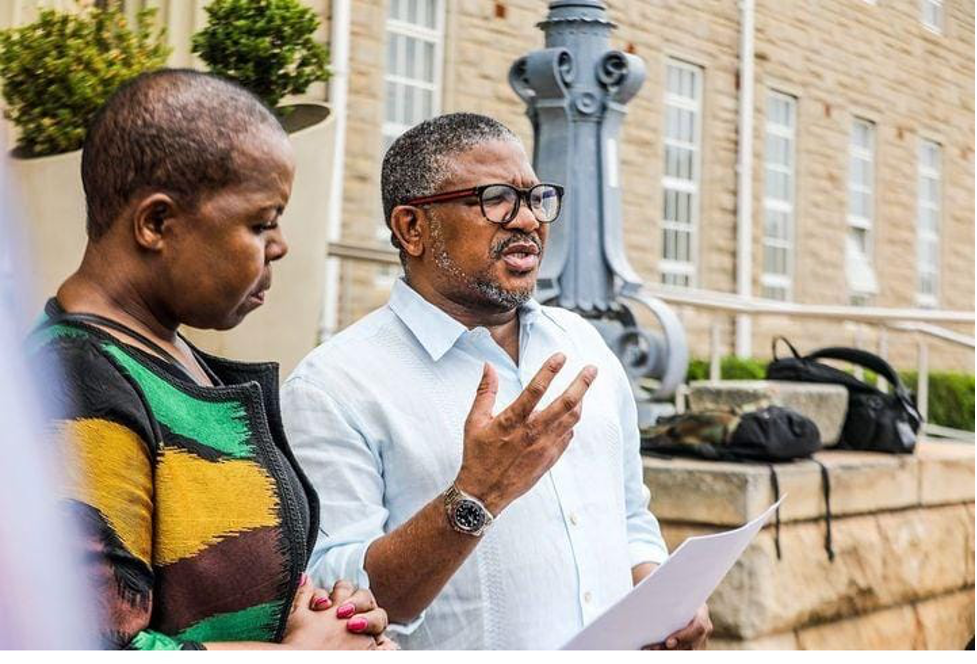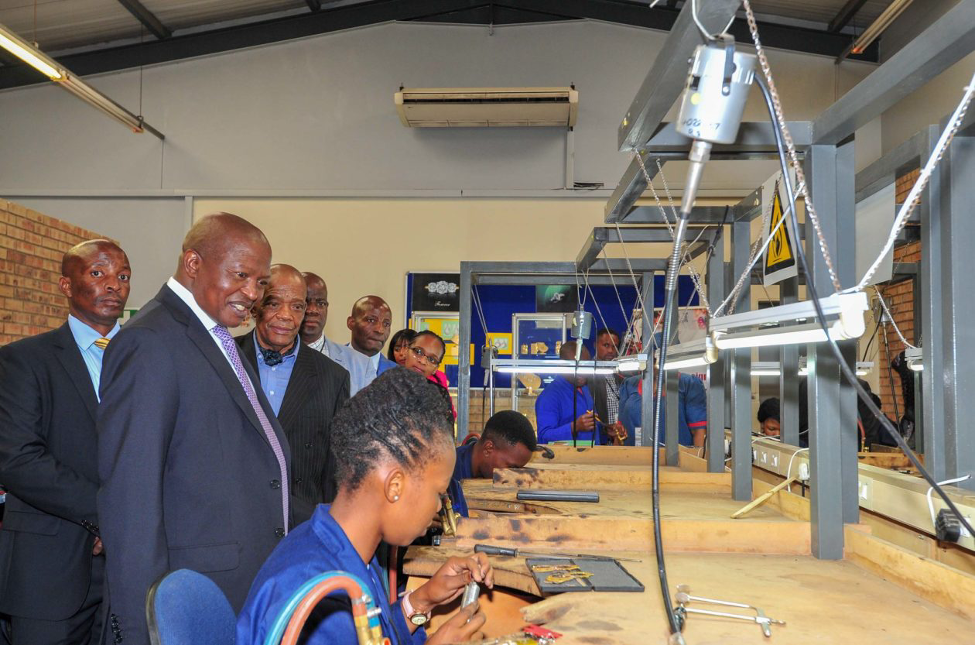On 1 January 2021, two things happened. One, Great Britain broke away from the European Union (EU) after years of political haggling since the 2016 Brexit. Two, the African Continental Free Trade Area (AfCFTA) was launched with much fanfare. The former seems to know where it wants to go while Africa is in a state of flux.
There is much excitement about the AfCFTA but, as with everything else happening on the African continent, the people in different countries are not involved. There are also no clear benefits to gain from the continent-wide agreement. Yet the world around them is buzzing.
The AfCFTA will coexist with commitments of individual states to the World Trade Organisation (WTO). The WTO is blamed, to borrow from economist Joseph Stiglitz words, for “globalisation and its discontents”. The current trading system is criticised for increasing poverty and inequality. Africa now replicates what has caused it pain and despair in the name of prosperity.
The AfCFTA is creating a market of 1,2 billion people and a GDP of USD 2,5 trillion across 55 African Union member states. It is the world’s biggest free trade area and is destined to allow for free movement of goods, people and services across borders. The focus appears to be on consumption and production.
But, this agreement excites foreign economies more than, say, Togo, Burundi or The Gambia. As a percentage of GDP, manufacturing accounts for 10% in Africa. Who and where would be producing these goods when African countries currently import toothpicks and other basic manufactured products? There is no clarity on whether the implementation of the agreement will help the continent move away from its present state of high dependence on imports.
The AfCFTA should have followed a solid economic development plan for value addition to raw materials and heighten participation of citizens through jobs and businesses. The speed to trade little or nothing does not present any logic at all.
The rich and elites are securing their free passage to buy consumer goods in Sandton. Someone without food or income is not excited about free movement on an empty stomach. They would rather risk their life in the Mediterranean Sea to go Europe to at least survive.
An African passport and open borders are meaningless unless they are going to get this person to Johannesburg. Kwame Nkrumah, Mwalimu Nyerere and their colleagues saw the dangers of open borders many years ago. But the current crop of leaders are pushed by global capital to remove borders, and not to improve the lives of citizens but to facilitate consumerism and wealth extraction.
Economic liberalism on steroids
Regional economic integration projects across the world are nothing but an entrenchment of global economic liberalism which has proven more of a problem than a solution to the populations of the world. They are an outcome of globalised production and trade that continues to create economic advantages for a small clique of people while multitudes stand on the sidelines and await a next meal.
Furthermore, neo-classical economic thinking puts such things as the AfCFTA and free markets as the panacea for all. There is an assumption that integrated markets would lead to a ‘trickle-down’ effect where trading in products and services will automatically boost livelihoods and prosperity of people.
Unfortunately, these ideas are imported to Africa in raw form. There is no consideration from these importers that market integration has not really worked in the world, especially in the context of the WTO, and in different regions like the EU and North America where dominant economies like Germany and the US have become major winners at the expense of others.
Ordinary people in Greece, Britain, Mexico and elsewhere regret every day why they ever consented to these arrangements that are designed to benefit elites and their companies. It is a great pity that as with all else the AfCFTA was never approved by populations through a vote but states saw it fit to decide for their citizens without asking them if they really needed integration of markets.
The excitement that comes with the AfCFTA launch does not really elucidate the nature of benefits that economies of countries like South Africa will accrue. Personally, I have not seen a simulated economic study or studies detailing how a tariff-free regime will contribute to economic development, growth, innovation and job creation in individual member countries.
The agenda seems to be focused on getting African countries to believe that a miracle is going to happen. The AfCFTA holds no real promise except for making Africans think that they will become Europe, China or the US overnight without doing anything concrete. For example, South Africa’s Ebrahim Patel says the AfCFTA deepens the levels of industrialisation and increases employment. No one has asked how this will happen without a clear roadmap.
This research would also focus on companies and products originating from outside the continent and how they are likely to impact on the local industries and/or products. Therefore, such things as the most favoured nation (MFN) and rules of origin are likely to be highly contested in a continent that is least industrialised of them all. The source of conflicts in Africa will come from the free trade agreement.
The issue of tariff lines, for instance, is quite divisive at international level. So, it remains to be seen whether the tariff determination under seemingly complex rules of origin regime will be synchronised with the WTO. The AfCFTA trade is made of mostly least developed countries and fewer stronger economies. It is therefore probable that sticking issues that created a collapse of multilateral negotiations will haunt African countries.
As things stand, Ghana and Nigeria are in an unending trade war and retaliatory battle. There are accusations that young Nigerians are "taking over" the Ghanaian business space which led to closure of business and mass deportations. The two foremost members of ECOWAS trade political barbs and close borders without notice.
Heightening conflict and discontent
The problems of economic nationalism and protectionism are widespread all over the continent, not just in or between Ghana and Nigeria. Even other larger economies such as South Africa and Kenya face internal struggles ranging from high unemployment and poverty to low growth.
Socio-economic problems in South Africa pit locals and foreign nationals whom they accuse of taking jobs from them. Regular skirmishes in the past years indicate that the AfCFTA could not be a solution but could exacerbate the problems even more.
The biggest misgiving with the AfCFTA is it is directly copied from the EU and old NAFTA in North America (now USCMA). As stated earlier, these regional trade or economic arrangements have not brought any joy to citizens of the countries.
Even Donald Trump incessantly complained that the US trading partners were taking advantage of America. The British opted out and the Greeks were badly whacked when they tried to escape the political grip of Germany and Brussels.
Regional economic and political integration is not going to solve a problem of poorly run states and weak economies. A sizable number of African countries have weak industrial/manufacturing bases, not that South Africa is doing much better than it did just over two decades ago before it joined the WTO in 1995.
Large external economic powers will be the biggest beneficiaries from AfCFTA as they will have a ready-made single market to push through their products/services without paying duties. In addition, the free trade area will escalate tensions if revenue sharing and losses are not sorted out in these early stages. The truth, however, is most countries find it hard to balance their budgets due to limited income sources as a result of lack of diversified economies.
What is interesting is that the Southern African Customs Union (SACU) members South Africa, Botswana, Namibia, Eswatini and Lesotho will trade as a single bloc, which means that although they ratify the agreement as individuals there is a multi-layer arrangement that the likes of Britain have already identified as exploitable. Other customs unions including the East African Community and the Economic Community of West African States (ECOWAS) are exactly in the similar predicament.
Why do different African states see the need to conclude individual trade agreements with the likes of Britain while at the same time they are forging ahead with the AfCFTA? Something clearly does not make sense in terms of how Africans think in economic and political terms at least. The EU agenda when it comes to trade matters is located in one place, that is in Brussels and not in Berlin, Budapest or Belgrade.
Africa lacks economic foresight
There is no long-term planning and foresight when it comes to the envisaged economy that Africa wants to have. Imagine if most economic activity could happen in South Africa, for example, and less in countries like Togo, South Sudan and Mozambique. It means that the present problems between locals and migrants will escalate in the next few years within and among countries.
The ready adoption of seemingly politically correct Western policies by African countries is extremely worrying. This is especially so, because there seems to be no well thought out or calculated moves to build long-term and fundamentally sound economic policies for these countries. In its present form, Pan-Africanism is a tool of global capitalism to capture the continent and has nothing to do with helping people realise freedom.
Neoliberal economic thought is behind the promotion of unregulated investments and capital flows that are certain to leave the continent worse off than it currently is now. There is a perception that attracting FDI is of paramount importance to drive African countries, and therefore they need to do nothing to recalibrate their economies.
Again, it is necessary to ask what advantages AfCFTA will bring to the countries and its people when most manufactured goods originate outside of the continent. Perhaps, this agreement would better serve the region if it at least concentrated on goods produced within each country, which would then be traded in exchange with each other. This at least would encourage some growth in employment within each country if sufficient demand were generated.
This continent is poised to be one of the next big consumer markets of the latter part of this century, yet the leaders of the African economies do not seem to understand how to position their economies to at least benefit their countries from this boom that is without any doubt going to manifest. The world’s largest economies, especially the West, are the most likely to benefit again from Africa closely followed by the East.
Sowing, but not reaping
In closing, it still remains unclear why Africa needs a continent-wide free trade agreement at its current position where the economies are least enterprising. The continent has failed to reap benefits from the WTO and a platitude of sub-regional trade agreements, i.e. ECOWAS, SADC, COMESA and so on but for some reason there is a belief that AfCFTA will deliver the goods. My pessimism about AfCFTA must be understood within a specific context: Africa has never been serious about getting its house in order.
At the same time, the very same African countries have not stopped scrambling to get attention of the big powers like the US (AGOA), Japan, China, EU and Russia and has absolutely nothing to offer to be taken seriously by everyone including its citizens. The continent is happy to pledge political allegiance and to derive economic rents from its unprocessed minerals.
African leaders are content with going to Moscow, Beijing and Brussels to hear how much they will get as baby-shower gifts from the countries that ostensibly refuse to see African countries compete on equal footing. It is unlikely that the continent is about to create its value chains anytime soon. Trade without value chains is dead even as it begins.
The AfCFTA represents an eventual handover of African countries to be run over by external capital-rich corporations. Many of these companies will set up shop in different countries to be formally recognised under local content and will also use the bilateral trade agreements to trigger the MFN clauses to avoid tariffs. African countries are going to be worse than they are now once the AfCFTA is implemented.
The AfCFTA excites US think tanks, the EU, China and large corporations but ordinary people in the continent. This is not a coincidence.
Siya yi banga le economy!

